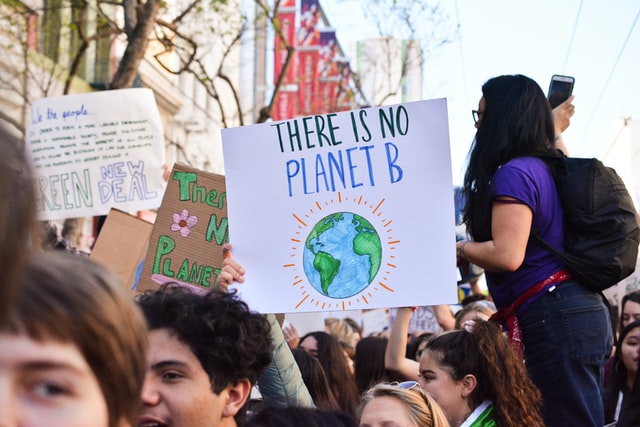Brian Bowman
Fellow
On March 25, 2011, the Columbia Center for Climate Change Law made available on its website a climate legislation tracker for the 112th Congress. This resource summarizes, and will continue to follow, legislative proposals from both houses of Congress which have the potential to impact U.S. federal law as it relates to climate change. Proposals covered by the tracker include bills aimed at altering regulatory authority over greenhouse gases, legislative responses to changes in the environment resulting from climate change and proposed measures that address U.S. energy policy, especially those with a focus on renewable sources of energy.
In the near term, legislation blocking the EPA’s ability to regulate climate change is likely to be the focus of much congressional attention. H.R. 1, the Continuing Resolution for the fiscal year 2011 budget, was passed by the House on February 19th. It contained several provisions and amendments prohibiting the EPA from utilizing funds to regulate greenhouse gas emissions. In addition to efforts in the Continuing Resolution, CCCL has also identified several free-standing bills, proposed by a variety of Representatives, which impose varying degrees of restrictions on EPA’s efforts to regulate greenhouse gases. Some of these bills are expected to gain serious consideration by House Republican leadership.
Efforts in the Senate intended to restrict EPA regulatory authority are under way as well. However, any such proposals face a steeper climb in the Democratic-controlled Senate. Notably, Senator McConnell (R-KY) has proposed an amendment to a small business program re-authorization bill, the SBIR/STTR Reauthorization Act of 2011 (the “SBIR/STTR”), which would prevent the EPA from promulgating any “regulation concerning, taking action relating to, or taking into consideration the emission of a greenhouse gas to address climate change”. This proposed measure seems to have broad Republican support. However, alternative proposals on this issue do exist for those Senators who do not wish to support McConnell’s amendment.
One effort that has garnered significant attention has been from Senator Rockefeller (D-WV), who introduced a proposal that would institute a two-year moratorium on the EPA’s ability to regulate stationary source emissions of carbon dioxide and methane under Section 111 of the Clean Air Act. This proposal greatly trims McConnell’s proposed restraints on the EPA’s ability to regulate greenhouse gases, and contains an explicit exemption for the regulation of vehicle emissions.
Also in play is a proposal introduced as an amendment to the SBIR/STTR by Senator Baucus (D-MT) on March 15, 2011 that would exempt small stationary source emitters from EPA regulation of greenhouse gases under the CAA. At present, it remains to be seen whether Senator Baucus’ proposal can attract sufficient support so as to have any substantial political viability.
President Obama has made clear that he plans to veto any bill that blocks the EPA’s ability to regulate greenhouse gas emissions. However, the present situation includes the possibility that such a measure cross his desk attached to legislation that President Obama would be heavily pressured to sign (e.g. the federal budget).
CCCL will continue to update its legislative tracker as developments arise. Any suggestions or comments on the legislation tracker should be sent to brian.bowman@law.columbia.edu.


